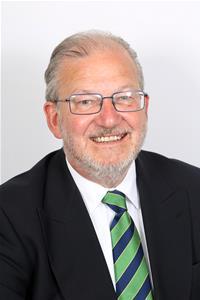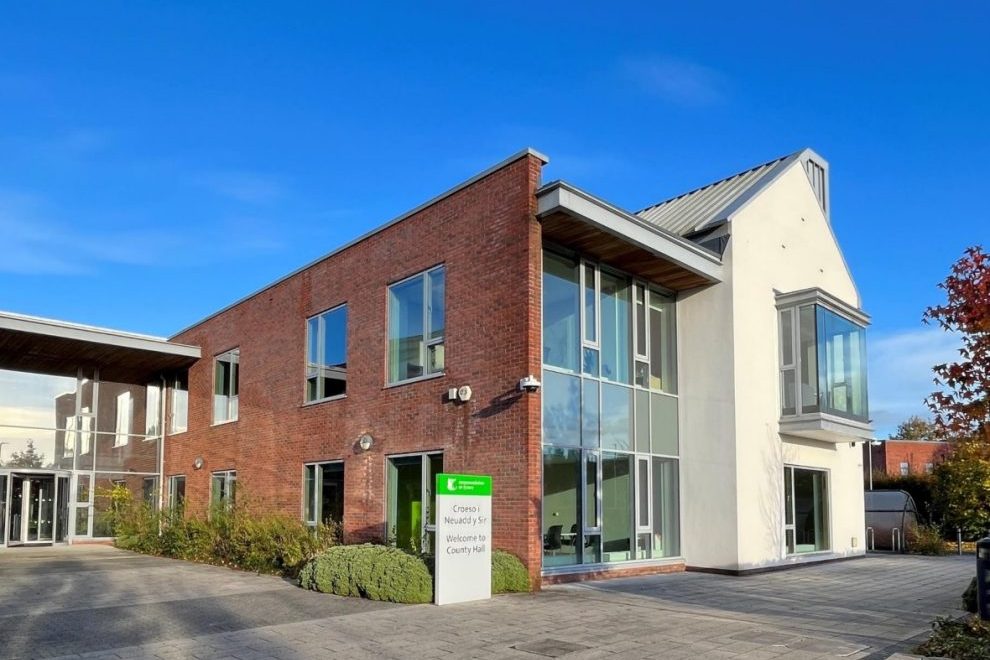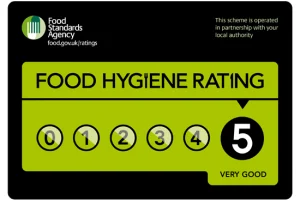THE IMPACT of licensing regulations on the local economy could be included in a council’s policy statement following concerns raised by councillors.
However they were told applications which come to a small sub-committee of councillors when objections have been made would still have to be decided in line with consideration of the four objectives of the 2003 licensing act which applies across Wales and England.
Those objectives are the prevention of crime and disorder, prevention of public nuisance, public safety and protection of children from harm.
Monmouthshire County Council has had to review its licensing policy ahead of it being updated, in line with legislation, every five years with the latest version to cover the period 2025 to 2030.
The draft policy was presented to the council’s licensing committee where Conservative member Alistair Neill questioned why promoting the local economy isn’t also an objective and Labour’s Tony Easson highlighted the recent closure of three pubs in the south of Monmouthshire.

Cllr Neill, who represents Gobion Fawr, said applicants will often set out the importance of gaining a licence, or a variation such as an extension of hours, to their personal circumstances or business.
He asked: “Are we not able to add an additional objective indicating support for the local economy? It does look like we are geared towards prevention.”

Council solicitor Julian Sanders said any additional objective would have to be considered by the licensing department and at a future committee hearing.
Jane Rogers, the council’s social services director who also has responsibility for public protection, said: “I think decisions on whether to grant a licence would have to be determined by the four policy objectives.”
She said further consideration could be given to the suggestion of an additional objective in the policy but said: “My understanding in how you grant a licence you would have to stick to those statutory reasons.”
Cllr Eason, who represents Dewstow in Caldicot, questioned if the policy could disadvantage rural businesses as it states “later hours will generally be more appropriate within the town centres than other areas of the county”.
He said: “In the south of the county three pubs have closed and a fourth is likely to go on the market, would restricting licensing hours be detrimental to these businesses?”

But licensing officer Samantha Winn said the council doesn’t take a blanket approach and the act is intended to allow varied closing times across 24 hours.
She said decisions are made with local knowledge, from the police and the council’s environmental health department, which will suggest conditions such as opening and closing times, but those have to be based on evidence such as past incidents.
When an objection is made the sub-committee of councillors will make a decision.
Caldicot Labour councillor Jackie Strong asked if the council has Public Spaces Protection Orders, that can ban drinking in certain areas, and Ms Winn said over the past five years there have been nine, mostly in parts of Abergavenny and Monmouth, but most have expired.
The draft policy was put out to consultation from the end of January to March but only the Aneurin Bevan University Health Board, which provided up dated health information on alcohol harms, responded.
Conservative Chepstow St Kingsmark member Christopher Edwards asked if it was unusual to have no responses and Ms Rogers said it wasn’t. It was confirmed there were “read receipts” to emails sent to statutory consultees such as Gwent Police.
The final policy will have to be approved by the full council.















